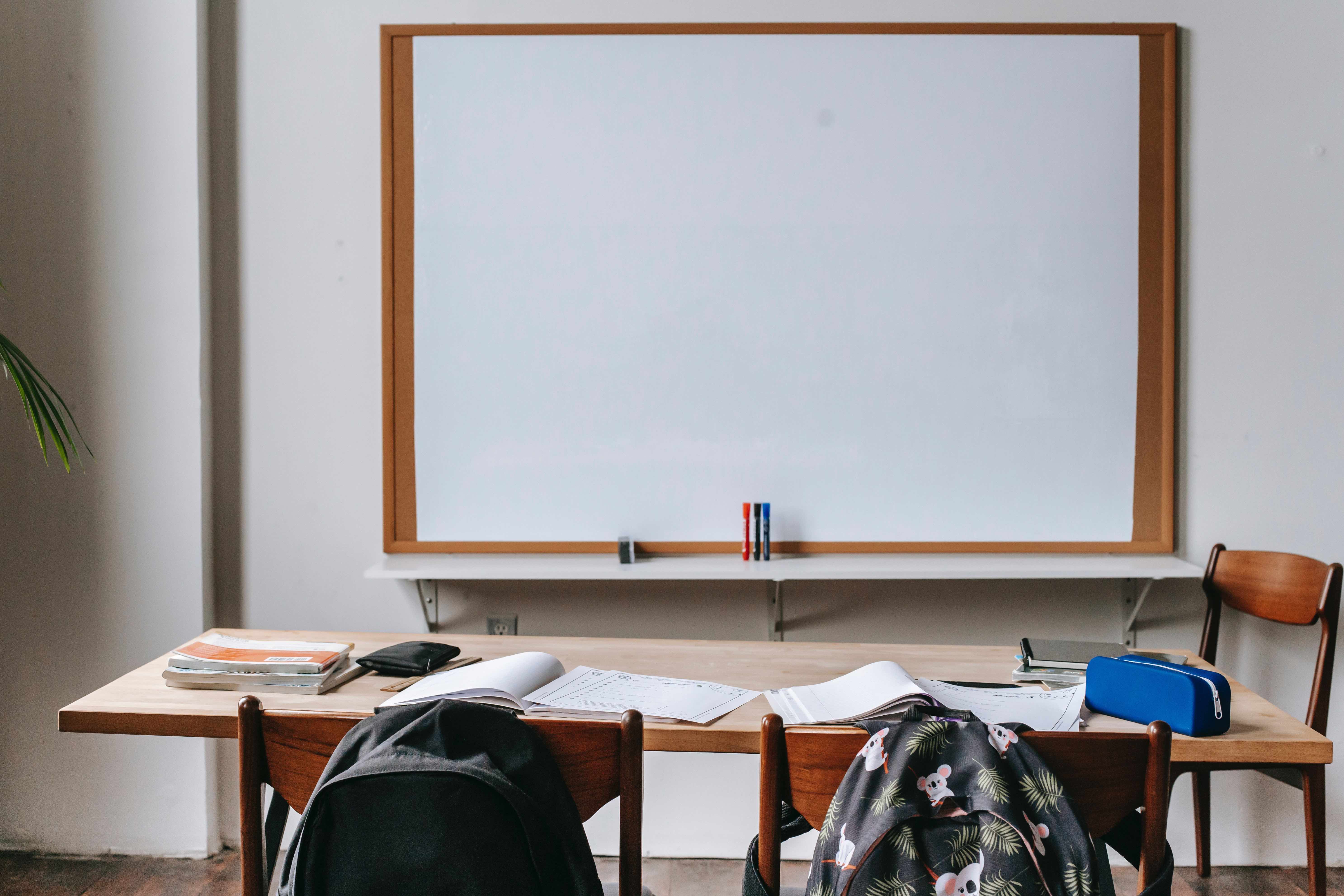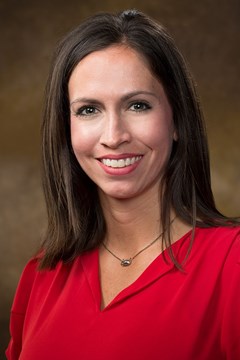Forum: School Safety

FORUM: School Safety
Wednesdays, 5-6:15 P.M., Spring 2024
Note: This is a one-credit course. Only register for one hour of course credit.
Schools are microcosms of broader society; as such, the problems and challenges confronting
society manifest in schools. Unfortunately, when society’s problems manifest in schools,
they often threaten the safety and well-being of individuals within the school community.
In the past three years alone, schools have encountered a multitude of complex challenges
directly related to school safety, including appropriate COVID-19 responses, persistent
inequities and subsequent social justice protests, horrific acts of school violence,
increasing rates of substance use among school-age children, federal policies affecting
immigrant and refugee families, and catastrophic hurricanes, fires, floods, and other
natural disasters. In addition, schools increasingly serve as sites of dissension,
disparagement, incivility, violence, and unrest. This can lead many students, parents,
teachers, leaders, and other community members to feel unsafe and unwelcomed in schools.
The purpose of this course is to deeply examine issues pertaining to school safety.
More specifically, the course will identify school-based attitudes, values, beliefs,
practices, and policies which contribute to feelings of marginalization and vulnerability
and explore how schools might foster connection and compassion to create environments
which promote the safety and well-being of all members of the school community. Topics
examined throughout the course will include school discipline policies, substance
use prevention and intervention, gun control, incivility, mental health, violence
prevention and intervention, individual and collective trauma, school-community coalitions,
and more.
About Kara Lasater:
 Kara Lasater is an associate professor of Educational Leadership at the University
of Arkansas. She has experience working in both public and non-profit education. Prior
to her appointment at the U of A, Dr. Lasater worked as a professional school counselor,
the director of a family-centered truancy diversion program, and the director of operations
of a university-based reading clinic. Dr. Lasater’s research focuses on the development
of family-school-community partnerships, educators’ use of data, and compassionate
leadership in schools. She is particularly committed to teaching, service, and research
endeavors which promote compassion in the practice and scholarship of educational
leadership. She is also the co-director of the newly established School Wellness Lab,
housed in the College of Education and Health Professions.
Kara Lasater is an associate professor of Educational Leadership at the University
of Arkansas. She has experience working in both public and non-profit education. Prior
to her appointment at the U of A, Dr. Lasater worked as a professional school counselor,
the director of a family-centered truancy diversion program, and the director of operations
of a university-based reading clinic. Dr. Lasater’s research focuses on the development
of family-school-community partnerships, educators’ use of data, and compassionate
leadership in schools. She is particularly committed to teaching, service, and research
endeavors which promote compassion in the practice and scholarship of educational
leadership. She is also the co-director of the newly established School Wellness Lab,
housed in the College of Education and Health Professions.